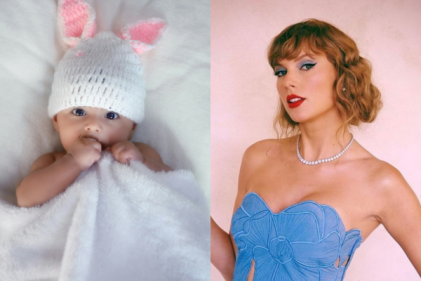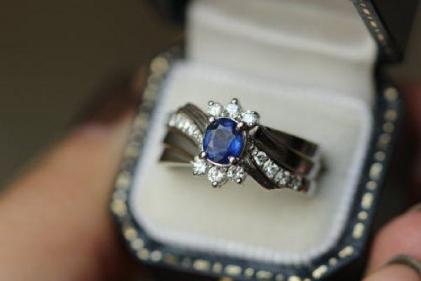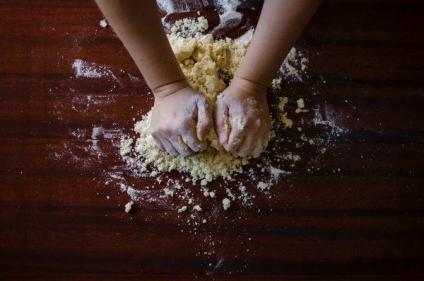Some breastfeeding babies will attempt to bite, most commonly during teething. However, if your baby is correctly positioned and latched on properly then you should not be able to feel teeth. Babies bite for several different reasons such as if they have an ear infection or a cold. When babies are congested or if they have an earache it is difficult for them to suck. If your child has a cold, prior to breastfeeding suctioning the baby’s nose with a bulb aspirator will often help to relieve the congestion. Also, holding the baby in an upright position will help alleviate any ear pain and is also good for the congestion.
Babies also often bite when they become bored or distracted during nursing. This generally happens at the end of a nursing session as the baby can become bored and may no longer be hungry. It is important to be vigilant and watch for signs of distraction, such as tension in the baby’s lower jaw, or if they start to wiggle or push away, you should stop breastfeeding when this happens and resume later when it is feeding time again. It is also a good idea to nurse the baby in a quiet room away from distractions and other household interruptions. It may also be calming for your baby to be rocked or walked while breastfeeding.
The most common reason for biting is when babies begin teething. It is a painful and uncomfortable time for the baby and sucking can produce more discomfort. If your baby is teething and begins biting during breastfeeding sessions, check to make sure your baby is correctly latched on as often times they have difficulty latching on correctly while teething. Calmly remove your baby from the breast and say 'no biting' and give the child a teething ring to chew on for a few minutes, prior to resuming feeding.











